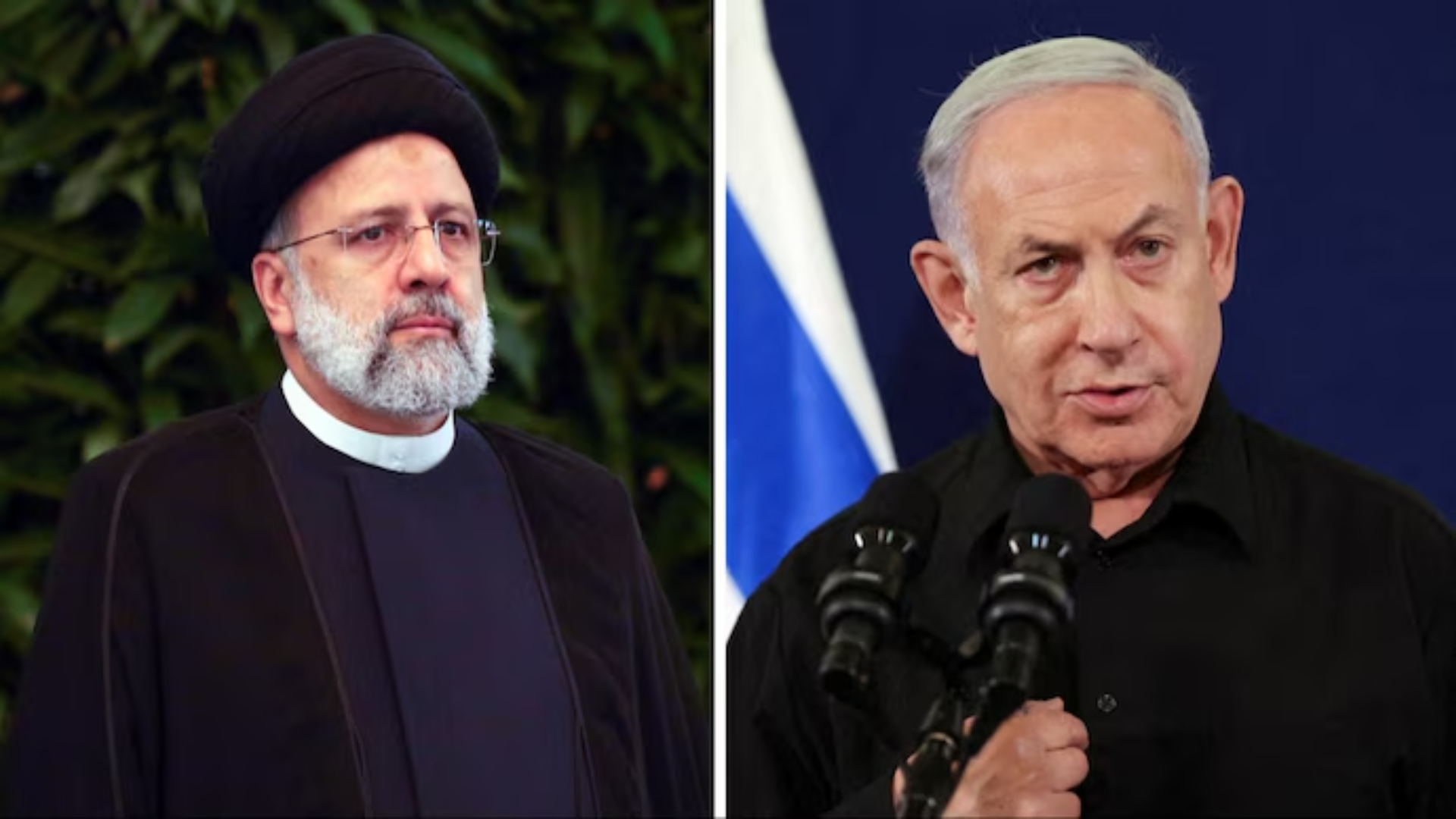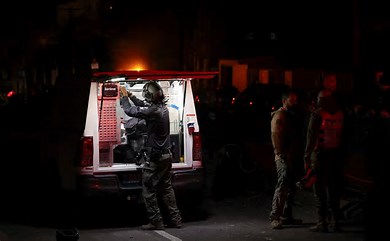
In a developing situation of heightened Israel-Iran tensions, the possibility of a significant military strike on Iran within the next 24 hours looms large. Recent events have seen Israel displaying what is being termed as a “trailer” of its military capabilities, sparking concerns of a potential major confrontation in the region. The decision to proceed with a large-scale attack hinges significantly on Iran’s response in the coming hours.
The dynamics of this geopolitical standoff are dynamic. Israel’s strategic calculations involve considerations not only related to Iran but also potential responses from allied nations or entities utilizing Iranian bases. Recent reports suggest that Israel has taken control of strategic bases belonging to Iran and Azerbaijan, underscoring the strategic positioning ahead of any possible conflict escalation.
One of the critical factors influencing the decision-making process is the preparation time required by both sides. Iran, having anticipated potential retaliatory measures since April, has been preparing its defenses. Conversely, Israel’s operational readiness and strategic depth are under scrutiny, given its historical context and current regional dynamics.
The specter of cyber warfare adds another layer of complexity to the situation. The involvement of pro-Iranian entities such as China and Russia in cyber activities raises concerns about the broader implications of any military engagement. The recent history of cyberattacks on Western nations underscores the potential global ramifications of a conflict escalation in the Middle East.
As the situation unfolds, observers are closely monitoring Israel’s next moves and Iran’s responses. The delicate balance of power in the region, coupled with the evolving military technologies and strategies, highlights the need for cautious analysis and diplomatic efforts to prevent a full-scale conflict with far-reaching consequences. The coming hours will be crucial in determining the trajectory of this escalating crisis.















